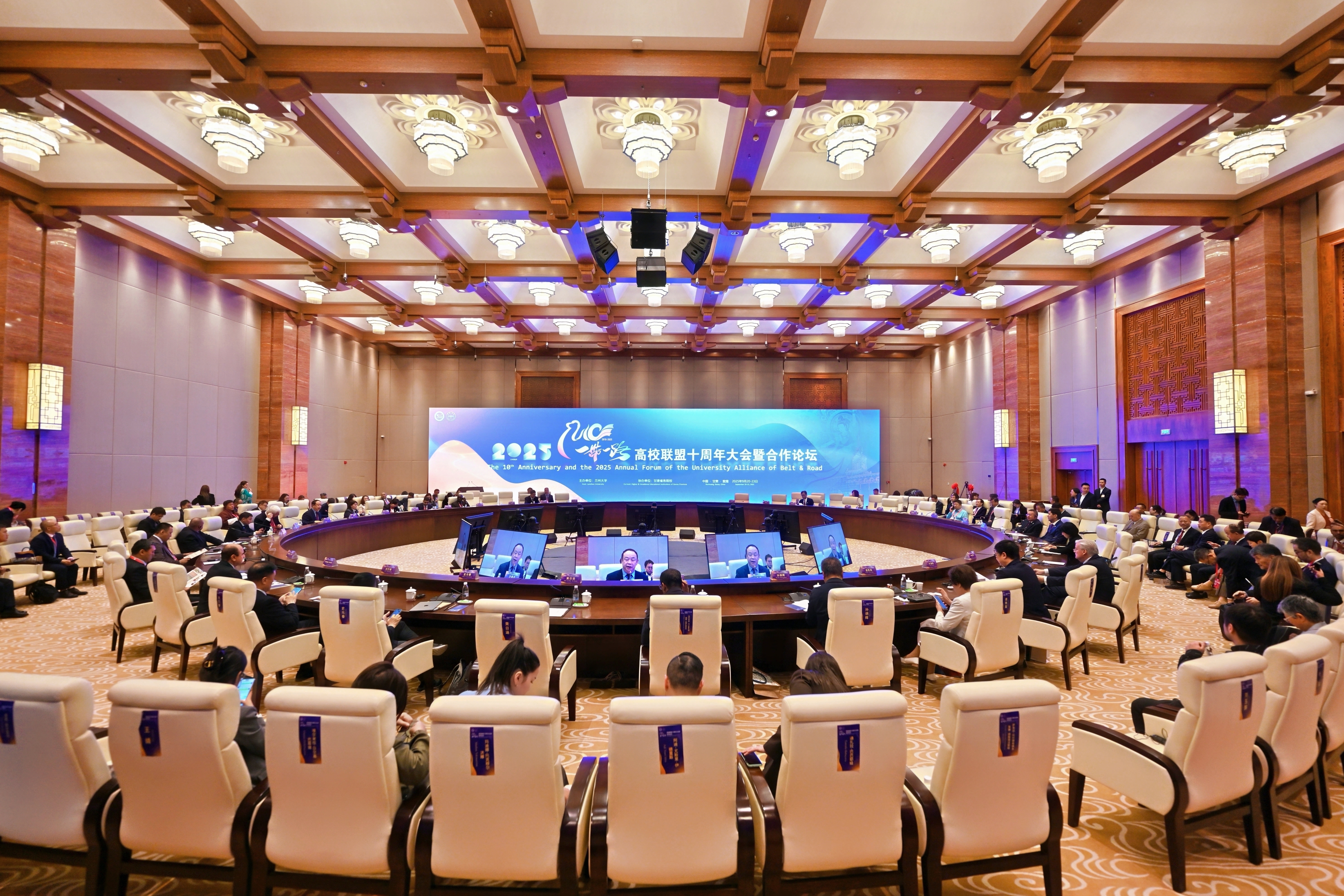Recently, a research team led by Professors Xue Desheng and Xi Li from the School of Physical Science and Technology at Lanzhou University (LZU) has achieved a remarkable enhancement of USMR at room temperature in FeNi/Pt/Bi2Se3 heterostructures. Based on this, the team developed high-performance USMR-MRAM devices. The research findings were published in Nature Communications under the title “Large unidirectional spin Hall magnetoresistance in FeNi/Pt/Bi2Se3 trilayers by Pt interfacial engineering.”
Through a systematic evaluation of spin-orbit torque (SOT) efficiency, spin Hall magnetoresistance, and USMR ratios at different Pt thicknesses, the team found that when the Pt thickness is approximately 1.5 nm, the USMR ratio at room temperature reaches its optimal value, 30.6 ppm/MA/cm², which is an order of magnitude higher than previously reported. This significant enhancement of the USMR effect is attributed to the introduction of Pt, which not only preserves the topological surface states of Bi2Se3, but also generates additional Rashba surface states, while simultaneously enhancing electron-magnon scattering. These findings were supported by first-principles calculations and Brillouin light scattering experiments.
Paper link: https://www.nature.com/articles/s41467-024-53884-0




